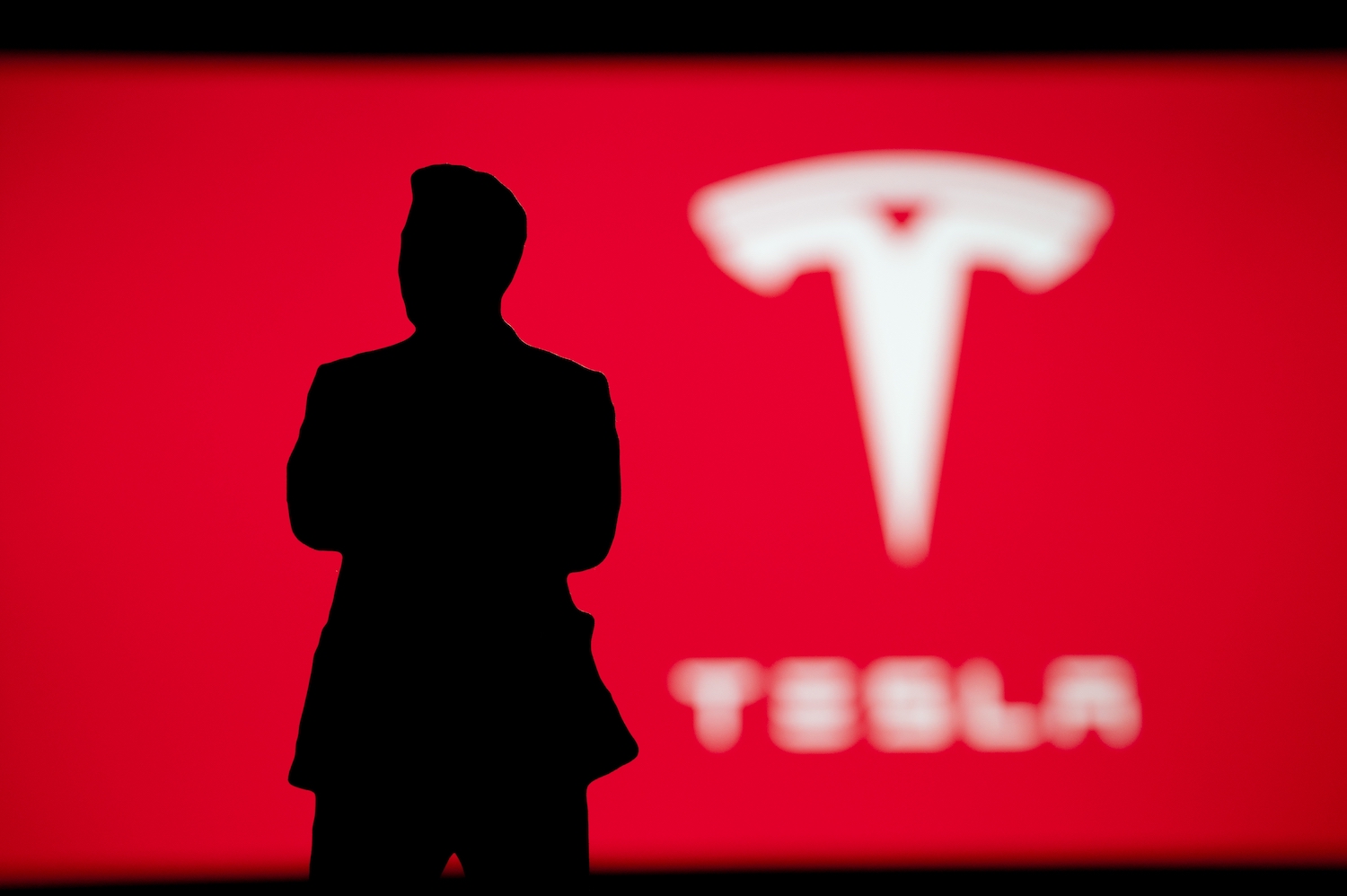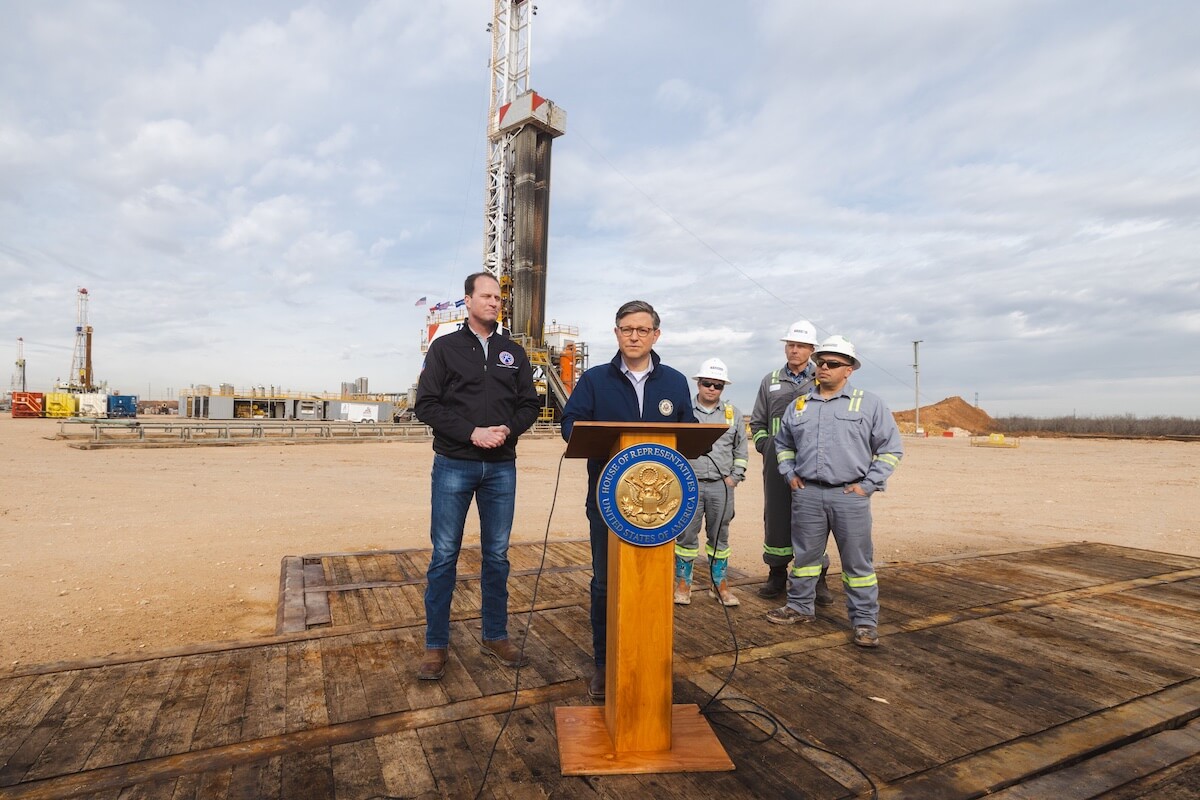ImpactAlpha, Dec. 14 – Some Tesla shareholders are frustrated that CEO Elon Musk is hurting the electric vehicle maker’s share price with his acquisition of Twitter and flirtation with right-wing extremism.
Some impact investors have another worry: that Musk’s increasingly erratic behavior threatens the company’s broader mission. As Musk himself describes it, Tesla’s goal is “to accelerate the advent of sustainable transport.”
“The long-term goal is threatened,” says Kristin Hull of Nia Impact Capital, who is rallying institutional Tesla shareholders to pressure Tesla’s board to reel in Musk. Hull says poor performance on environmental, social and governance issues hinders a company’s ability to deliver real-world impact and innovation.
“We want to see strong and effective governance across ESG issues, which are underlying business issues. And we’re not seeing that at Tesla,” Hull told ImpactAlpha. “If your whole brand is based on innovation, I want to see the business practices in your company run to support that innovative brand.”
At Apple, for example, Nia, with collaborators including the Minderoo Foundation, led a campaign to end employee “gagging” restrictions. Apple last week agreed to end the use of nondisclosure agreements and other rules that had prevented employees from speaking up about workplace harassment. Nia has filed and won separate workers rights proposals at Sunrun, IBM and cybersecurity firm Fortinet.
Oakland-based Nia first invested in Tesla in 2013 on the basis that the company’s products and services contributed to a more just, inclusive and sustainable economy. Hull has since pushed the company on a range of worker rights issues ranging from racial descrimination to sexual harassment in the workplace. Musk’s latest antics, she says, are turning off consumers and hindering the company’s ability to attract and retain talent.
“Tesla represents and leads with innovation across the renewable energy sector,” Hull wrote in an open letter to Musk in 2020. “What Tesla is not leading in at this time, is its treatment of employees and its ability to create a positive company culture.”
Climate skeptics
Musk’s often-hostile workforce practices at Twitter, like retaliatory firing, are familiar to Hull, who as a Tesla investor has opened lines of communication with Tesla employees. “He has a full on track record of doing that,” she says.
Two years ago, Nia introduced a shareholder proposal asking the Tesla board “to evaluate the impact of secretive, forced arbitration on its company culture and its ability to attract and retain top talent.” The proposal received 27% of shareholder votes. Nia introduced the proposal again in 2021 and gained 45% of such votes. In 2022, Swedish pension fund AP7 and Nia co-filed the workers rights bill, which attracted 38% of votes.
What is new for Hull and others is Musk’s posture at Twitter, including providing a platform for climate-change skeptics and Musk’s open hostility towards Tesla’s generally climate-aware customer base.
Since acquiring Twitter, the CEO of Tesla, one of the world’s largest climate tech companies, has done little to bring attention to climate change.
At Musk’s Twitter, instead, the hashtag #ClimateScam has become the top climate search result (search for “climate” on Twitter). The hashtag has made up about 40% of climate denial tweets in 2022 versus just 2% in 2021, according to a University of London study. The Climate Action Against Disinformation Coalition found more than 500,000 mentions of #ClimateScam, “climate scam,” or “climate is a scam” since Musk’s acquisition.
Musk has also anointed Michael Shellenberger, a contrarian activist who is hostile to solar energy and other renewables (and pro-nuclear), to help disclose the inner workings of pre-Musk Twitter. And Musk endorsed Florida governor Ron DeSantis, who has a long record of denying climate change and who is leading the attack on ESG investing among Republican politicians.
Musk himself has become ardently anti-ESG. The electric vehicle billionaire in April called corporate ESG “the Devil Incarnate.”
“Sky’s the limit”
Tesla’s stock is off 60% from its high, with much of the decline coming since April, when Musk announced his $44 billion bid for Twitter. Musk had to sell some of his Tesla holdings to finance the purchase, which closed in October.
Musk’s moves at Twitter have even non-impact investors in the EV company concerned that the transaction is bad for Tesla, according to a Morgan Stanley survey. Morgan Stanley analyst Adam Jonas told MarketWatch the survey results reinforced his own views about the negative impact of the Twitter saga on Tesla.
Tesla bull Gary Black of The Future Fund believes Musk’s Twitter focus may be hurting the Tesla brand and putting Tesla shareholders at risk. Black expects Musk to “come to his senses that attacking his woke left customer base is hurting the $TSLA brand and he will tone down his political views.” Black believes Musk will soon appoint a CEO for Twitter “and resume his duties as $TSLA CEO full time, easing shareholder tensions.”
“We will let this play out,” says Black. “We expect Elon and the board to do the right thing for $TSLA shareholders.”
Hull isn’t as confident.
“The sky’s the limit over there and to see them throwing away half the sky based on this management, it breaks my heart,” she says. “As an investor, it’s like, ‘What the hell is going on over there?’”
Disclosure: The author is a Tesla shareholder.











